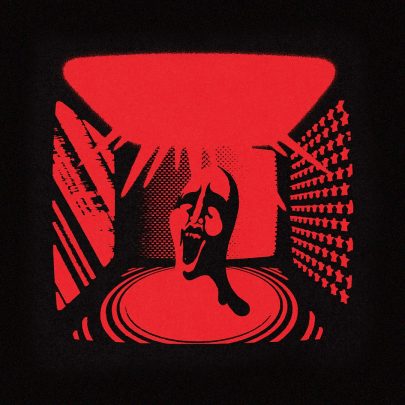Jul 25, 2013 Film & TV
Director Nicholas Wrathall
USA
So, Gore Vidal. Novelist, excoriating critic of capitalism, warmongers and politicians. Wealthy leftist haranguer of the Right and of John F. Kennedy and all other soft-headed liberals who sailed in his wake… Long-form journalist!
He got so much so horribly wrong, especially in relation to World War II and again after 9/11. But he got an awful lot right, too, including his enthusiasm for Martin Luther King and the whole range of activism that grew up in American in the 1960s and 70s. He was charming, bombastic, erudite. He went on TV with sparring partner the ultra-conservative William F. Buckley, and their debates were electric: two gloriously quick wits going at each other for the sake of high political ideals, neither afraid to utilise some low personal blows.
What made Vidal great among public intellectuals was that it all mattered so much. Christopher Hitchens had the same quality, and it’s no accident that he appears in this film to tell us Vidal called him his “dauphin”, by which he meant his heir apparent. Both of them, committed, erudite, pretentious, intellectually demanding and terribly enjoyable. And in this film it’s Hitchens, never scared to destroy anyone’s reputation, even that of his own erstwhile hero, who discusses where and why Vidal went wrong after 2001.
The movie is not a reckoning, because there’s too little of that sharp Hitchens-style evaluation. Vidal remains unchallenged on most of what he said, both in the public sphere and in private. Are we really expected to believe he lived for decades with the man he calls the great love of his life, but that the relationship wasn’t sexual? And if we are, isn’t that worth exploring a little more, for what it tells us about the man?
And yet. Public intellectuals are in short supply. This one was a doozy, and the movie delivers you that.





